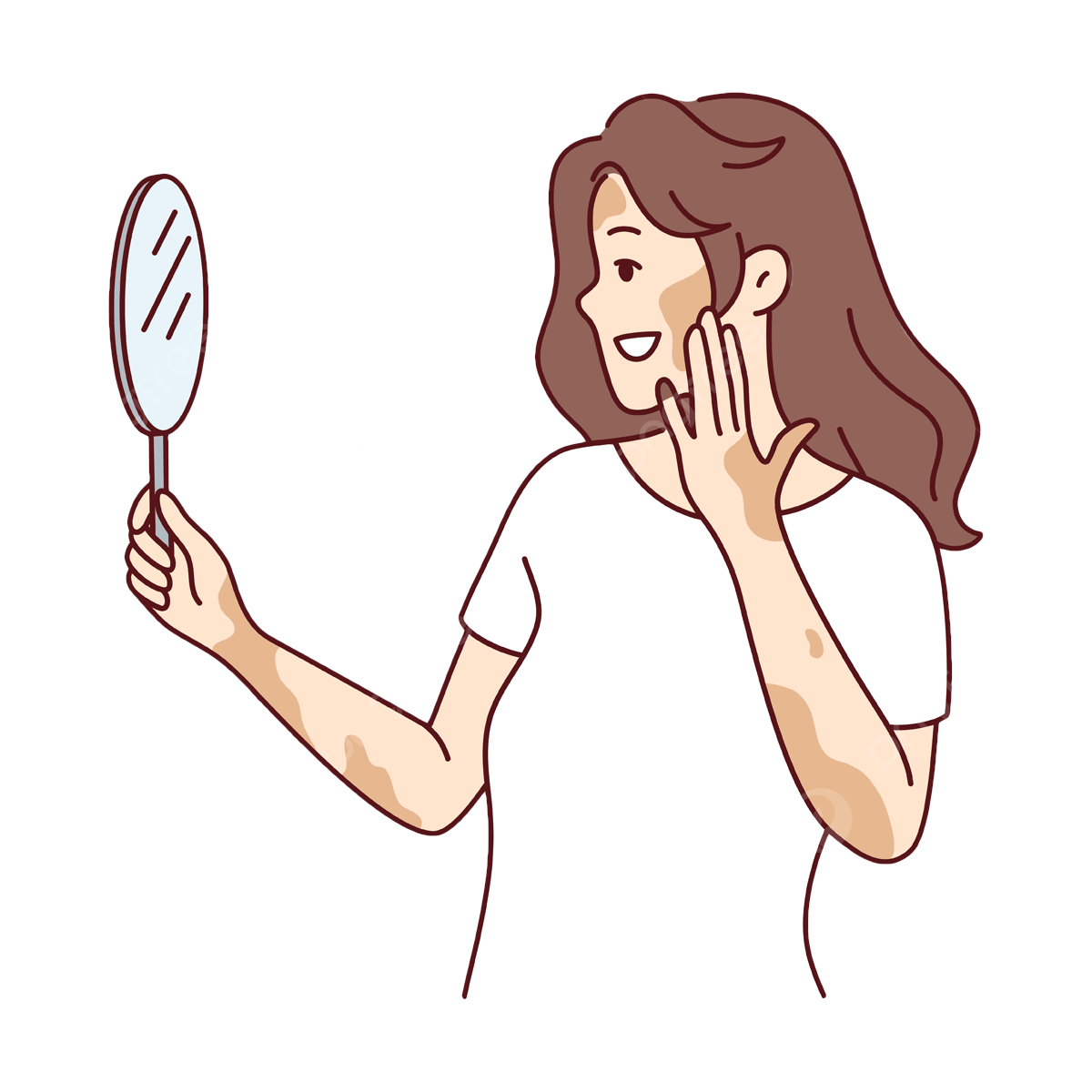New
Embracing Vitiligo: Living Beyond Skin-Deep
Can you imagine waking up one day to find that the person in the mirror no longer resembles the one you've always known? For Valarie Molyneaux, this was her reality when she was diagnosed with vitiligo - a condition that causes the skin to lose its pigmentation. But instead of hiding away or feeling ashamed, Valarie chose to embrace her uniqueness and live beyond the surface.
In "Embracing Vitiligo: Living Beyond Skin-Deep," author Sharleen Lucas shares Valarie's moving and inspiring journey towards self-love and acceptance, and shows us how embracing our differences can be a powerful message of diversity and inclusion. If you've ever felt ashamed of your appearance or struggled with self-esteem issues, this article is a must-read.
Join us in reading and discover how living beyond skin-deep can be a powerful way to embrace life with joy and confidence.
https://www.nextavenue.org/embracing-vitiligo-living-beyond-skin-deep/
#VitiligoAwareness #SelfLove #Inclusion

FAQOther Questions
- Is there a traditional medicine to treat vitiligo?
Traditional remedies can be helpful for managing stress or general metabolic health, but when it comes to vitiligo, the evidence is limited. While some natural supplements provi...
- Is there a special diet for vitiligo?
Recent research highlights the potential of diet and nutrition in managing vitiligo, offering an alternative where traditional therapies may be lacking. However, the relationshi...
- Pyrostegia venusta as a folk medicine for vitiligo?
Pyrostegia venusta, also known as “flame vine” or “cipó-de-são-joão,” is a neotropical evergreen vine native to Brazil. It thrives in fields, coastal areas, forest edges, and ro...
Though it is not always easy to treat vitiligo, there is much to be gained by clearly understanding the diagnosis, the future implications, treatment options and their outcomes.
Many people deal with vitiligo while remaining in the public eye, maintaining a positive outlook, and having a successful career.
Copyright (C) Bodolóczki JúliaBy taking a little time to fill in the anonymous questionnaire, you can help researchers better understand and fight vitiligo.
